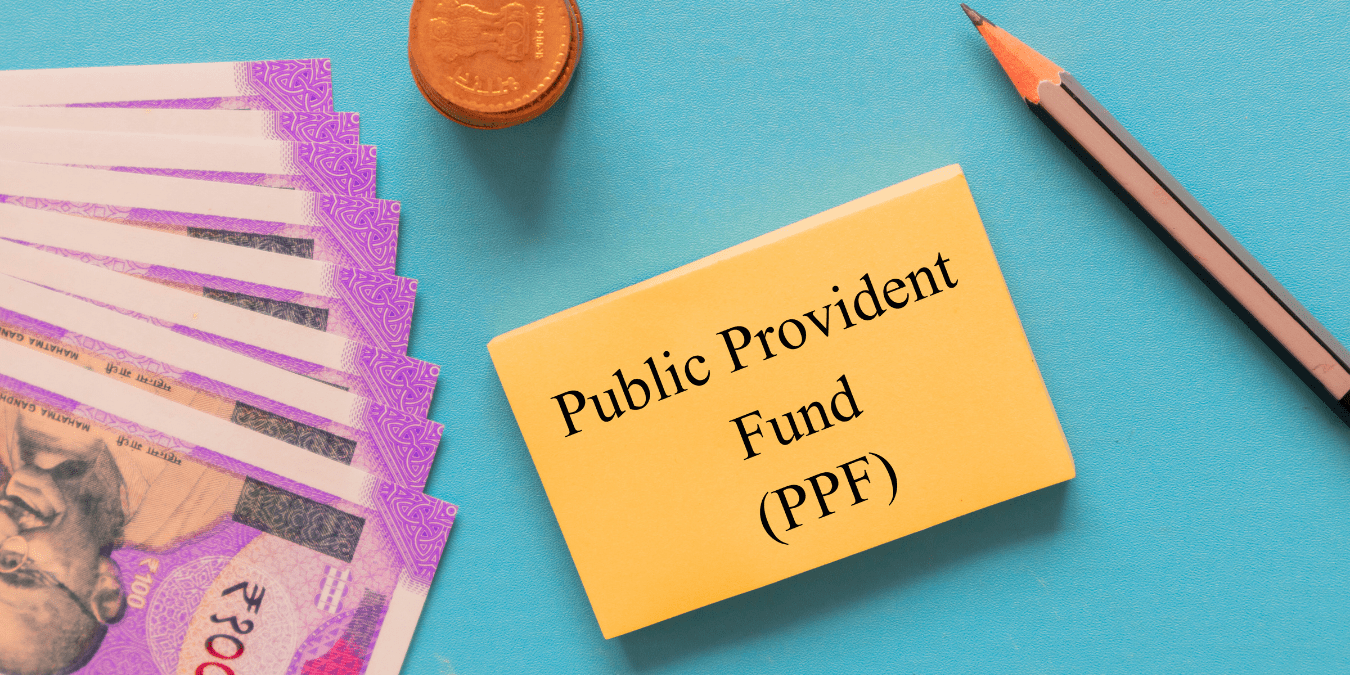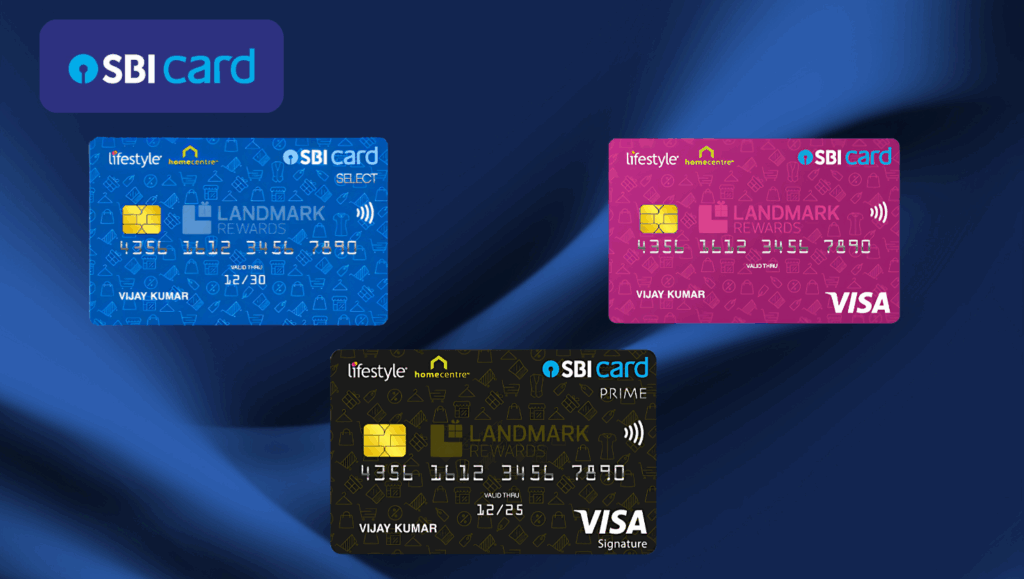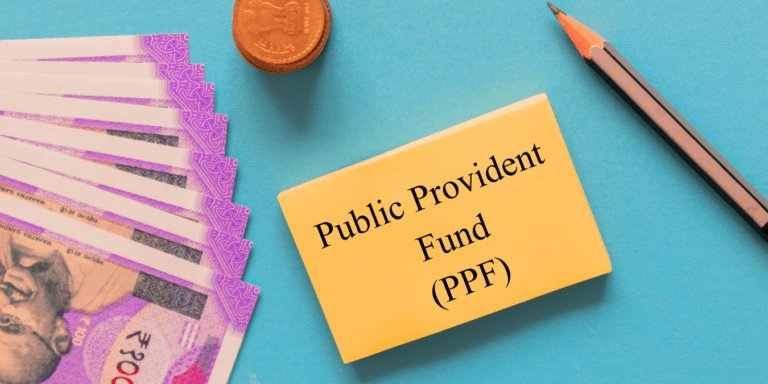
” Discover whether credit card rewards are taxable with our comprehensive guide. Learn about IRS guidelines, taxable and non-taxable rewards, reporting requirements, and expert advice to manage your taxes effectively. Stay informed and maximize the value of your credit card rewards. “
Credit card rewards have become an integral part of modern financial management. From cashback and travel points to gift cards and merchandise, these incentives are designed to attract and retain customers. However, as rewarding as these perks may be, many cardholders are left wondering: Are credit card rewards taxable?
In this comprehensive guide, we’ll explore the tax implications of credit card rewards, break down the IRS guidelines, and provide actionable insights to help you navigate this often-misunderstood topic. Whether you’re a frequent traveler, a cashback enthusiast, or simply someone who enjoys maximizing credit card benefits, this article will equip you with the knowledge you need to stay compliant with tax laws.
What Are Credit Card Rewards?
Credit card rewards come in various forms, including cashback, points, and miles. These rewards are typically earned based on your spending habits and can be redeemed for a variety of benefits, such as statement credits, travel, or merchandise. Understanding the different types of rewards and how they work is essential for maximizing their value.
Understanding Credit Card Rewards: Types and How They Work
Before diving into the tax implications, it’s essential to understand the different types of credit card rewards and how they work. Here’s a quick overview:
- Cashback Rewards: These are straightforward—you earn a percentage of your spending back as cash. For example, a card might offer 2% cashback on all purchases.
- Travel Points/Miles: These rewards are typically earned through travel credit cards. Points or miles can be redeemed for flights, hotel stays, or other travel-related expenses.
- Sign-Up Bonuses: Many credit cards offer lucrative sign-up bonuses, such as a large number of points or cashback after spending a certain amount within the first few months.
- Gift Cards and Merchandise: Some rewards programs allow you to redeem points for gift cards, electronics, or other merchandise.
- Statement Credits: These rewards are applied directly to your credit card balance, reducing the amount you owe.
While these rewards can add significant value to your financial life, it’s crucial to understand whether they come with tax obligations.
General Tax Rules for Credit Card Rewards
The IRS has specific guidelines regarding the taxability of credit card rewards. Generally, rewards earned through spending are not considered taxable income. However, there are exceptions, such as sign-up bonuses that do not require any spending. It’s important to differentiate between taxable and non-taxable rewards to ensure compliance with tax laws.
When Are Credit Card Rewards Taxable?
Credit card rewards may be considered taxable income in certain situations. For example, if you receive a sign-up bonus without making any purchases, the value of the bonus may be taxable. Similarly, referral bonuses and rewards received for opening a new account may also be subject to taxation. Understanding these scenarios can help you avoid unexpected tax liabilities.
Non-Taxable Credit Card Rewards
Most credit card rewards earned through spending are not taxable. This includes cashback from purchases, points redeemed for travel, and other similar rewards. These rewards are considered rebates or discounts on your spending and are not treated as income by the IRS. Knowing which rewards are non-taxable can help you make informed decisions about your credit card usage.
Impact of Credit Card Rewards on Your Taxes
Taxable credit card rewards can affect your overall tax liability. Depending on the value of the rewards and your tax bracket, you may owe additional taxes. To manage the impact, consider strategies such as timing your rewards to align with lower-income years or using tax-advantaged accounts to offset the tax burden.
Expert Opinions and Advice
Consulting with tax professionals and financial advisors can provide valuable insights into managing credit card rewards and their tax implications. Experts can offer personalized advice based on your financial situation and help you develop strategies to minimize your tax liability.
Understanding the tax implications of credit card rewards is essential for making the most of these benefits. By knowing which rewards are taxable and how to report them, you can avoid surprises during tax season and maximize the value of your credit card rewards. Stay informed and consult with experts to ensure you’re managing your rewards and taxes effectively.
Are Credit Card Rewards Taxable? The Short Answer
The good news is that most credit card rewards are not considered taxable income by the IRS. This includes cashback, points, miles, and other incentives earned through everyday spending. The rationale behind this is that these rewards are treated as a rebate or discount on your purchases rather than income.
However, there are exceptions to this rule. Certain types of rewards or specific circumstances can trigger tax liabilities. Let’s explore these scenarios in detail: When Are Credit Card Rewards Taxable?
While most credit card rewards are tax-free, there are situations where they may be subject to taxation. Here are the key scenarios to be aware of:
1. Sign-Up Bonuses
Sign-up bonuses are a common feature of many credit cards. For example, a card might offer 50,000 points after you spend $3,000 in the first three months. The IRS has ruled that sign-up bonuses are generally not taxable because they are considered a form of rebate.
However, if you receive a sign-up bonus without meeting any spending requirements (e.g., the bank offers you points simply for opening an account), the bonus could be considered taxable income. This is because it doesn’t directly relate to a purchase or spending activity.
2. Interest or Dividend Rewards
Some credit cards offer rewards based on the interest or dividends earned on linked accounts, such as savings or investment accounts. In these cases, the rewards may be considered taxable income because they are tied to earnings rather than spending.
3. Rewards from Business Credit Cards
If you use a business credit card and earn rewards, the tax treatment can differ. While personal credit card rewards are typically tax-free, business rewards may need to be reported as income, especially if they are used for personal expenses. It’s essential to consult a tax professional to ensure compliance.
4. Rewards from Canceled Debt
In rare cases, credit card issuers may offer rewards as part of a debt settlement or forgiveness program. If you receive rewards in exchange for canceling or reducing your debt, the value of those rewards may be considered taxable income.
5. Rewards from Referral Programs
Many credit card companies offer referral bonuses for recommending their cards to friends or family. If you earn rewards through a referral program, they may be subject to taxation, as they are not directly tied to your spending.
IRS Guidelines on Credit Card Rewards
The IRS has provided some clarity on the tax treatment of credit card rewards. According to IRS Publication 525, rewards earned through spending are considered a reduction in the cost of the purchase rather than taxable income. This means that cashback, points, and miles earned through everyday spending are generally tax-free.
However, the IRS also states that rewards received without a corresponding purchase (e.g., sign-up bonuses without spending requirements) may be considered taxable income. It’s essential to keep detailed records of your rewards and consult a tax professional if you’re unsure about their tax status.
How to Report Taxable Credit Card Rewards
If you receive taxable credit card rewards, it’s important to report them accurately on your tax return. This typically involves including the value of the rewards as income on your tax forms. Keeping detailed records of your rewards and any associated documentation can simplify the reporting process and ensure compliance with tax regulations.
If you find yourself in a situation where your credit card rewards are taxable, you’ll need to report them on your tax return. Here’s how to do it:
- Determine the Value of the Rewards: Calculate the fair market value of the rewards at the time you received them. For example, if you received a $500 sign-up bonus, that amount would be considered taxable income.
- Report the Income: Include the value of the rewards as “Other Income” on your tax return. Use Form 1040, Schedule 1, Line 8, to report the amount.
- Keep Records: Maintain detailed records of your rewards, including the date you received them, their value, and any correspondence with the credit card issuer.
Tips for Maximizing Credit Card Rewards Without Triggering Taxes
To enjoy the benefits of credit card rewards without worrying about taxes, follow these tips:
- Focus on Spending-Based Rewards: Stick to rewards earned through everyday spending, such as cashback, points, and miles. These are generally tax-free.
- Avoid Non-Spending Bonuses: Be cautious about accepting rewards that don’t require any spending, as they may be considered taxable income.
- Use Business Rewards Wisely: If you have a business credit card, use the rewards for business expenses to avoid potential tax issues.
- Consult a Tax Professional: If you’re unsure about the tax status of your rewards, seek advice from a qualified tax professional.
Common Myths About Credit Card Rewards and Taxes
There are several misconceptions about the taxability of credit card rewards. For example, some people believe that all rewards are taxable, while others think that none are. Clarifying these myths with accurate information can help you navigate the complexities of credit card rewards and taxes more effectively.
There are several misconceptions about the taxability of credit card rewards. Let’s debunk some of the most common myths:
Myth 1: All Credit Card Rewards Are Taxable
As we’ve discussed, most rewards earned through spending are not taxable. Only specific types of rewards or circumstances trigger tax liabilities.
Myth 2: Sign-Up Bonuses Are Always Taxable
Sign-up bonuses are only taxable if they don’t require any spending. If you earn a bonus by meeting a spending requirement, it’s generally considered a rebate and not taxable.
Myth 3: You Don’t Need to Keep Records of Your Rewards
Even though most rewards are tax-free, it’s a good idea to keep detailed records in case the IRS has questions about your income.
Real-Life Examples of Taxable vs. Non-Taxable Rewards
To further clarify the tax implications of credit card rewards, let’s look at some real-life examples:
Example 1: Non-Taxable Cashback Rewards
Sarah uses her cashback credit card to purchase 1,000 worth of groceries .She earns 21,000 worth of groceries She earns 220. Since this reward is tied to her spending, it’s considered a rebate and is not taxable.
Example 2: Taxable Sign-Up Bonus
John signs up for a new credit card that offers 50,000 points after he spends $3,000 in the first three months. He meets the spending requirement and receives the points. Because the bonus is tied to his spending, it’s not taxable.
Example 3: Taxable Referral Bonus
Emily refers three friends to her credit card and earns 10,000 points for each referral. Since these rewards are not tied to her spending, they may be considered taxable income.
Are Credit Card Rewards Taxable?
In most cases, credit card rewards are not taxable. The IRS treats them as rebates or discounts on your purchases rather than income. However, there are exceptions, such as rewards earned without spending, referral bonuses, and certain business-related rewards.
To avoid unexpected tax liabilities, it’s essential to understand the rules and keep detailed records of your rewards. When in doubt, consult a tax professional to ensure compliance with IRS guidelines.
By staying informed and making smart choices, you can enjoy the benefits of credit card rewards without worrying about taxes. Whether you’re earning cashback, travel points, or sign-up bonuses, these incentives can add significant value to your financial life—just be sure to play by the rules.
Frequently Asked Questions
Q: Are all credit card rewards taxable? A: No, most rewards earned through spending are not taxable. However, certain bonuses and rewards received without spending may be taxable.
Q: How do I report taxable credit card rewards? A: Include the value of the taxable rewards as income on your tax return and keep detailed records for documentation.
Q: Can taxable rewards affect my overall tax liability? A: Yes, taxable rewards can increase your tax liability depending on their value and your tax bracket.
Q: Should I consult a tax professional about my credit card rewards? A: Yes, consulting a tax professional can provide personalized advice and help you manage the tax implications of your rewards.
-
The Supabase India Ban Explained: Who’s Affected, Why It Happened, and What Comes Next
India silently blocked Supabase on February 24 — no warning, no reason given. Thousands of apps broke overnight.
-
Geopolitical Shock: Bitcoin Tumbles Under $64K Following US-Israel Military Strike on Iran
Bitcoin just crashed below $64,000 — and a military strike triggered it. But here’s what nobody’s telling you:
-
New EPFO Rule 2026: You Can Now Withdraw 100% of Your PF Balance Without Resigning — Here’s How
EPFO just changed the rules — and most employees have no idea they can now access their full
































